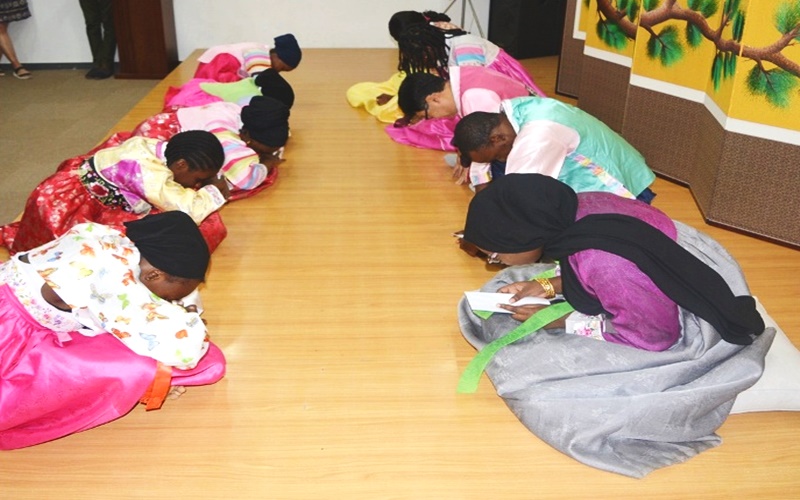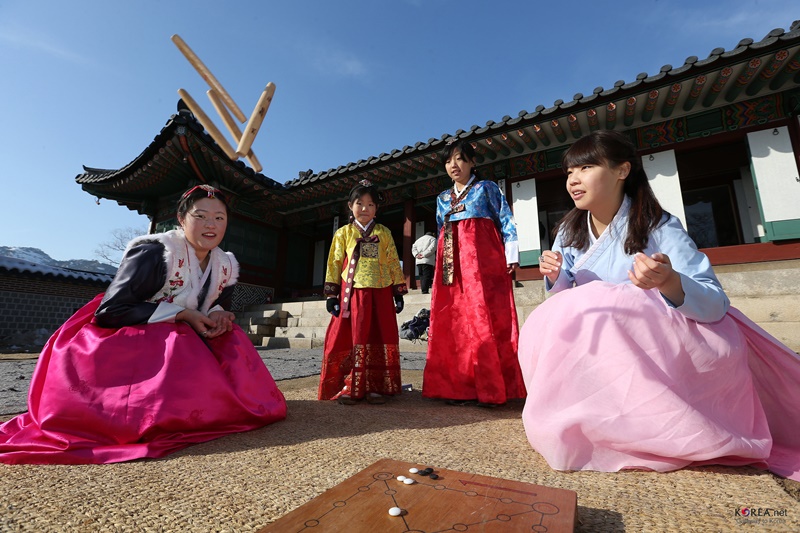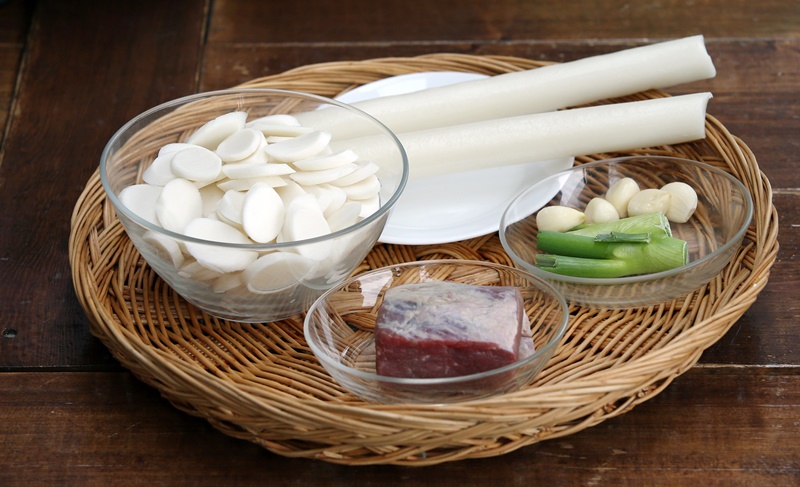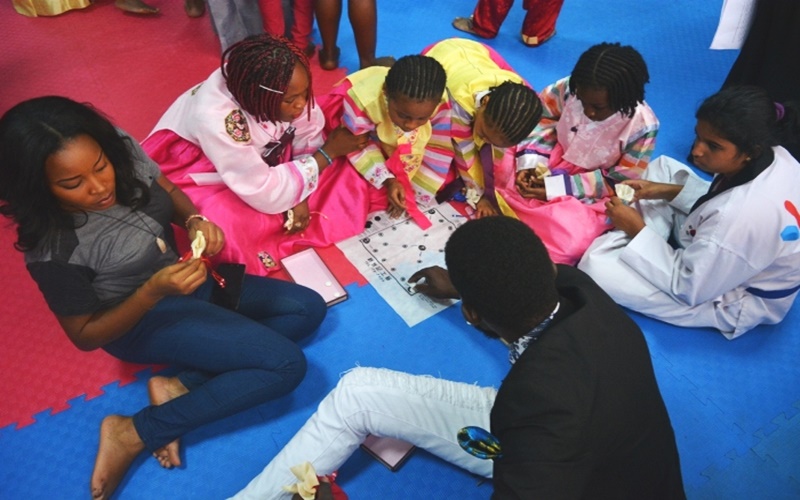- 한국어
- English
- 日本語
- 中文
- العربية
- Español
- Français
- Deutsch
- Pусский
- Tiếng Việt
- Indonesian
By Honorary Reporters Oladotun F. Roy, Chizurum E. Nnamdi, Adekoya Oluwaseyi Taiwo, Tedunjaiye Oluwatobi Motunrayo, Olamikanra Oluwakem, Adeshola Ogunfowora, Victoria Okuidem, Adekoya Oluwaseye Kehinde, Kevin Akoje, Jennifer Chiamaka Ezeonyeasi, Alle Blessing Ovase, Mercy Mma Agbagha, Nnenna Ukandu, Ubah Raphina Onyekachi from Nigeria

(Korean Cultural Center Nigeria)
Seollal (Lunar New Year) is one of Korea's two biggest holidays that runs from Jan. 24-27 this year. The way of celebrating New Year's in Nigeria is different from Korea's but both nations share similarities in greeting a new year.
Oladotun F. Roy said, "New Year's in Nigeria is celebrated at the end of December on the first day of January. However, Koreans celebrate New Year's on the first day of the lunar calendar and this holiday runs for three days."
Chizurum E. Nnamdi added, "This marks the end of New Year's celebrations as Jan. 2 is a workday. There's also no other holiday in January so Nigerians soon afterwards get busy again with work."
Adekoya Oluwaseyi Taiwo said, "In Korea, the tradition is for people to visit their parents to perform rites and wear Hanbok."

(Korea.net DB)
Tedunjaiye Oluwatobi Motunrayo said, "In Korea, certain foods are associated with Seollal like tteokguk (rice cake soup), but Nigeria has no food set aside for that day."
On games played on New Year's Day, Olamikanra Oluwakemi said, "We (Nigerians) also don't play any traditional board games or have planned activities. The only plan most Nigerians have for New Year's Day is staying with family and eating a lot."
Turning to activities on New Year's Eve, Adeshola Ogunfowora said, "Beaches are always full during celebrations in Nigeria. Nigerians celebrate the new year with lot of fireworks, dance and music and they wish everyone on that day 'Happy New Year!'"
Victoria Okuidem said, "We have interesting cultural activities like masquerade dance. Also, food is distributed to neighbors. After cooking your own meals, you take it to your neighbors' houses."
Religious culture in Nigeria is important in greeting the new year. Adekoya Oluwaseye Kehinde said, "Christians go to church to thank God for the new year and some people organize parties at their homes."
Kevin Akoje added, "Nigerians spend New Year's Eve in a religious environment like praying to God to give thanks for a great past year and to usher in blessings for the new year."
Korea and Nigeria, however, do share interesting similarities in what they eat at year's end. Jennifer Chiamaka Ezeonyeasi said, "Just like Koreans celebrate Seollal with a lot of food, especially their staple food of rice, rice is the most commonly eaten food during New Year's celebrations in Nigeria. Eating any food that isn't rice during these celebrations seems taboo."

(Korea.net DB)
Despite the vast distance and cultural differences between Korea and Nigeria, having hope for a new year is a common practice between people in both nations. Alle Blessing Ovase said, "Nigerians exchange New Year's greetings and make New Year's resolutions since a new year signifies a new start. These resolutions seemingly make people seek to live year-round."
Expressing love and sharing memories with families is the most significant commonality between the two cultures. Mercy Mma Agbagha said a New Year's celebration is a family reunion in which people travel to their hometowns to spend time with family and loved ones.

(Korean Cultural Center Nigeria)
Nnenna Ukandu added, "There are apparently not many differences because we travel to our hometowns to spend New Year's with family and relatives. We also prepare different dishes for family, a practice similar to that in Korean culture."
Ubah Raphina Onyekachi said, "I don't really think that there's a difference because Nigerians celebrate the same way as Koreans do. There might be tiny differences but as the year goes by, we learn even more to improve and make the celebrations better."
chaey0726@korea.kr
*This article is written by a Korea.net Honorary Reporter. Our group of Honorary Reporters are from all around the world, and they share with Korea.net their love and passion for all things Korean